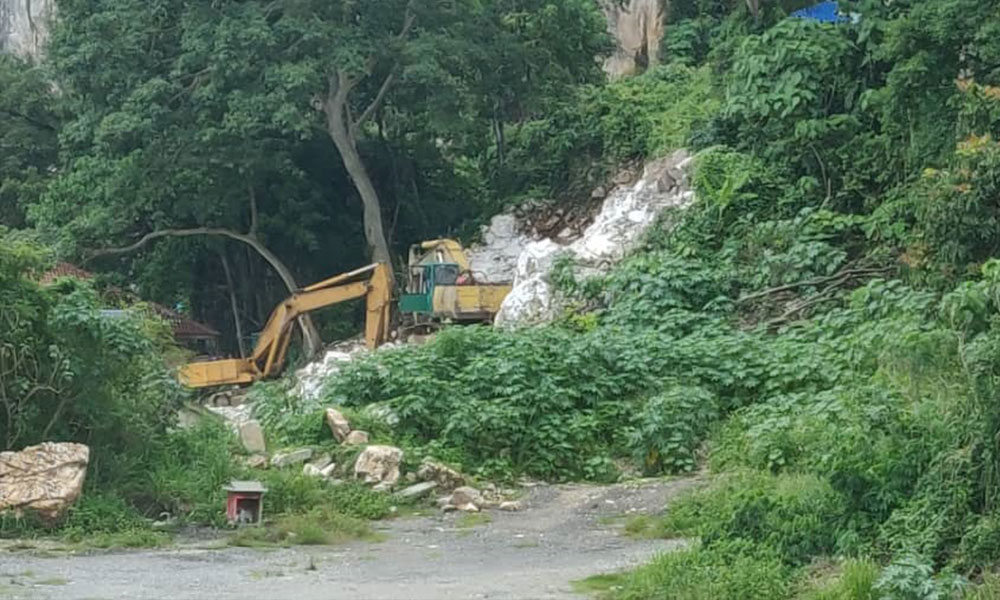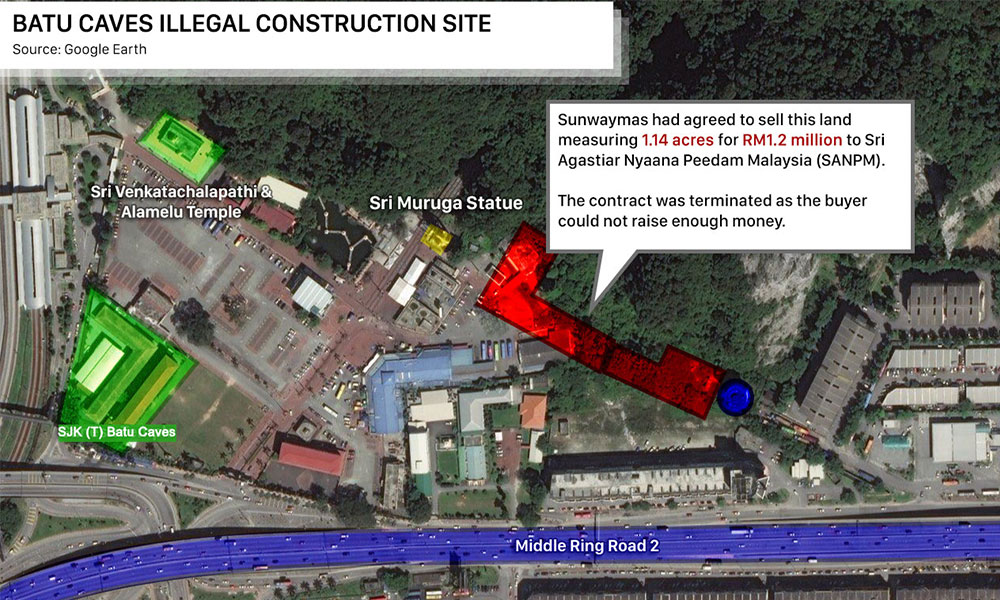
The truth is seldom forthcoming from officialdom. They seem to be contained like data in the black box for an aircraft .
All information that is collected and collated remains unknown to the public until catastrophe strikes. Then, everybody runs helter-skelter, looking for the source of the weaknesses and faults within the system – human, technical or both.
Local councils exemplify this much more than other government departments. Sometimes, a law unto themselves, they rule the roost with the philosophy of transparency and accountability never being their forte.
The problems of the common people are pooh-poohed most of the time and the councils seem to operate by their own set of laws. What may be wrong in one row of houses may be in accordance with the building rules of another.
Without local council elections, the councillors are more content pleasing their political masters than the people who pay their salaries – the ratepayers.
In the case of the Selayang Municipal Council, it appears that experience has taught them little about the environment and need to conserve and preserve heritage.
This despite having being forced to rescind their own decisions on development approvals within the vicinity of Batu Caves and the mortarium it imposed seven years ago.
Rightly, it rejected an application to build a spiritual centre in the area of the popular caves but what happened thereafter? Were there follow-up inspections?
Yes, there were. So how come land clearing proceeded and several structures came up despite their application rejections and subsequent inspections?
The answer is simple: Enforcement officers visited the site and “talked” to the people building the centre, after which they left and construction continued. Why wasn’t a “stop work” order issued?

Development is good but more important is several million years of heritage. A slight movement of the soil is enough to bring everything tumbling down at Batu Caves.
That is why local councils must be transparent and encourage the participation of residents in the development and maintenance of their localities. Not only can residents become the eyes and the ears of the council, but they can also take ownership for creating better living environments for their families.
Significant areas where residents can contribute would be in ensuring cleanliness and protecting public amenities from vandalism.
They can also report on rogue businesses that flout regulations and report pollution.
Therefore, data on land ownership, land classification and development approvals must be made easily available to the public.
When residents make complaints, they should not be viewed as being busybodies but rather as partners assisting the jobs of council officers. There must be sufficient trust in the local council so that residents do not feel compelled to undertake vigilantism.
Signboards like the one erected by the Selayang Municipal Council warning trespassers of Batu Caves being “high-risk limestone hills” serve little purpose if it the authority itself is not proactive.
So, is the council waiting for a rockfall to jolt its officers into action?
ADAM AKMAL reported on illegal development at Batu Caves as part of a Kini Academy investigative journalism course. The report can be viewed here. - Mkini



No comments:
Post a Comment
Note: Only a member of this blog may post a comment.